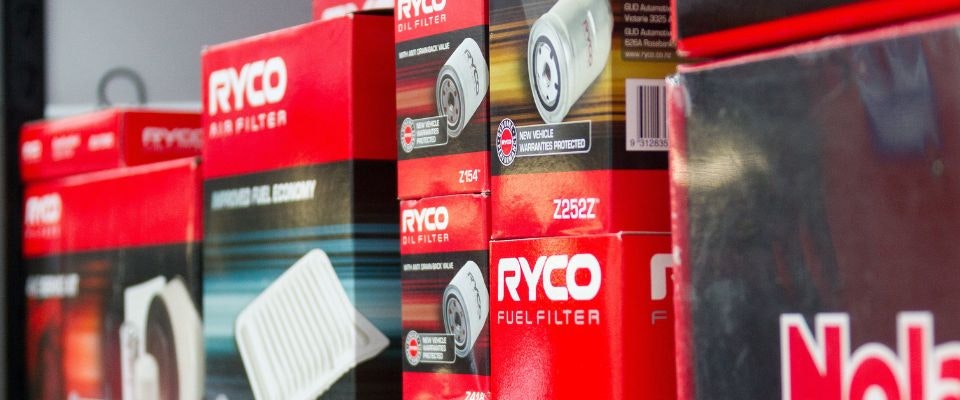
Car service in Albany
For friendly car service from a trusted independent mechanic you can rely on the team at De Jonge Mechanical Repairs (MRB10033)...
Read moreIs your car experiencing a decline in fuel efficiency, making loud backfiring sounds, or running roughly?
These symptoms may indicate an issue with your vehicle's Electronic Fuel Injection System (EFI), which regulates fuel flow to the engine. Any malfunction in this system can lead to poor fuel economy and an uncomfortable ride. But fear not, as De Jonge Mechanical Repairs has the necessary skills, expertise, and tools to address even the most complex EFI problems.
At our workshop in Albany, we employ advanced diagnostic tools and decades of experience to identify, diagnose, and solve intricate EFI problems to restore your vehicle's performance to its peak. So, if you are facing reduced fuel economy or rough running, bring your car to us for an efficient and professional EFI service.
Today's modern cars come equipped with sophisticated Electronic Control Units (ECUs) that manage Electronic Fuel Injection (EFI) systems. These high-pressure fuel delivery systems ensure the correct fuel pressure and flow rate is supplied to the engine. As many as thirty sensors monitor various engine aspects, such as temperature, airflow, and oxygen levels, which provide information to the ECU.
Using this data, the ECU optimizes the fuel delivery system and determines the ideal air-fuel mixture for maximum engine efficiency. As a result, this reduces fuel costs and minimizes exhaust emissions, making regular EFI system checks crucial.
Aside from the above signs, another classic indicator of EFI issues is when the engine briefly runs after ignition switch-off. Other red flags include a noticeable increase in fuel consumption, a decrease in performance, difficulty starting the engine, and poor running. These symptoms may indicate the need for an EFI service.
While some EFI problems have simple solutions, others can be more complex and challenging to detect. At De Jonge Mechanical Repairs, our workshop is equipped with specialized diagnostic tools that can detect and repair even the most intricate EFI issues. We possess the skills and expertise required to fix any EFI issue, no matter how big or small.
Routine check-ups of your Electronic Fuel Injection System will ensure your car runs smoothly, and you save money on fuel costs. With the complexity of modern EFI systems, it is best to rely on a qualified mechanic with specialized diagnostic tools to service or fix your EFI. This guarantees that your car runs smoothly and performs at its best.
Additionally, Limp mode is another safety feature that can be triggered when the ECU encounters incorrect data or values outside known ranges, or it cannot process.
This mode sets a fault code and activates some form of warning to direct the car to a safe location. Since the Fuel system is a major component of a car, a faulty or failing sensor or lines may activate this safety function. Limp mode can be unpredictable, so it is important to pull over immediately and have your car checked by a qualified mechanic if you notice this. At De Jonge Mechanical Repairs, we can help you to diagnose whether the problem is EFI-related or not.
So if you notice any EFI issues, such as rough running, reduced fuel economy, or loud backfiring sounds it is essential to seek professional help from De Jonge Mechanical Repairs. Our experienced team can identify and diagnose the issue and provide an appropriate solution. Regular check-ups and maintenance of your EFI system will ensure that your car runs efficiently and performs at its best, saving you money in the long run.


For friendly car service from a trusted independent mechanic you can rely on the team at De Jonge Mechanical Repairs (MRB10033)...
Read more
Fuel is the lifeblood of your vehicle - so keeping it clean is important - the quality of what's fuelling your system affects its overall performance.
Read more
Your vehicle has a number of different filters and each one works in a different system in your car. Quite simply- a filter traps particles which should not be present in, or could do damage to, the system which it filters.
Read more